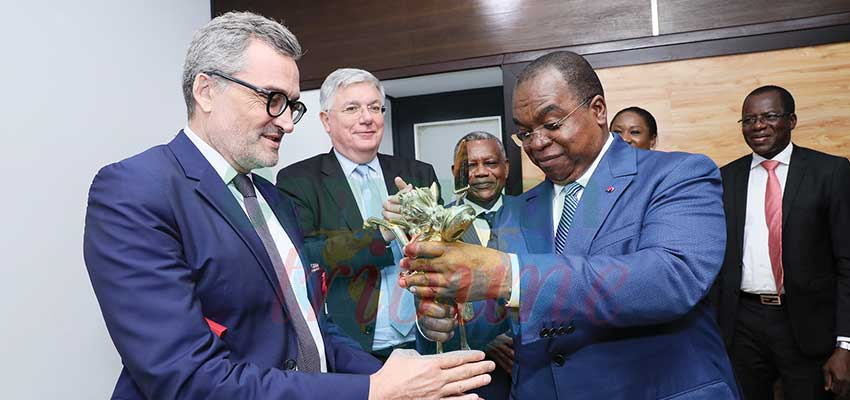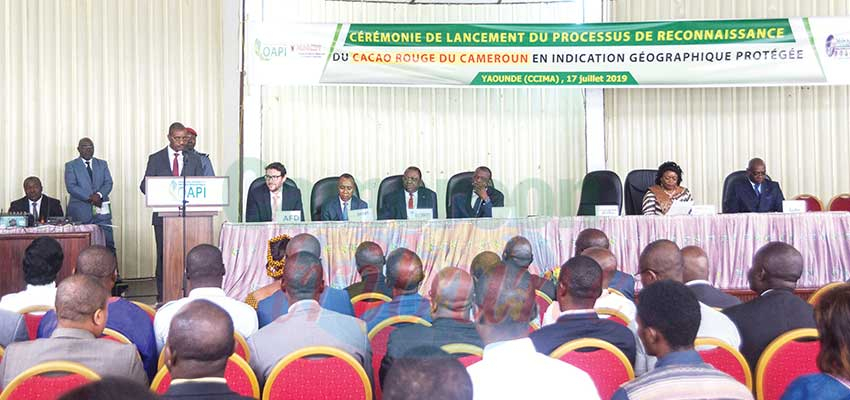Financing For Development : Cameroon-EU Chart New Cooperation Framework

Both parties brainstormed on the instrument in a meeting held in Yaounde on June 25, 2019.
The European Union and the government of Cameroon are looking forward to a new phase of economic cooperation as the 20-year Cotonou partnership agreement ends in 2020. In this regard, an economic dialogue has been held in Yaounde in view of putting in place a new framework to guide cooperation between the EU and ACP (African, Caribbean and Pacific) group of countries for the next 20 years. The meeting known as Structured Economic Dialogue organised on June 25 by the National Authorising Office of the EU Development Fund (CAONFED).
Paul Tasong, Minister Delegate in charge of Planning at the Ministry of Economy, Planning and Regional Development who doubles as National Authorising Delegate Officer for the EU Development Fund opened the inaugural session. “The context of the post-Cotonou negotiations clearly points to a shift towards a partnership focused on trade and responsible investments for creating of sustainable jobs,” he said, noting that the reference framework will guide Cameroon’s development actions from 2020. He also said the session and others that will follow, are expected to improve the country’s business climate to strengthen the role of the private sector in definition and implementation of public policies; secure measures for the creation of a favourable economic environment to raise the level of sustainable investment flows; and improve benefits from the Economic Partnership Agreement (EPA). It is also a platform for EU member states to understand Cameroon’s priorities in terms of economic governance, and present the progress of its Africa-Europe Alliance for the creation of jobs and the mobilisation of sustainable investments, according to Minister Tasong.
Hans Peter Shadeck, Head of the EU Delegation in Cameroon for his part, said the Alliance highlights private investments, trade exchanges and job creation as common priorities. He reiterated that as part of reforms of the EU’s cooperation instruments beyond the expiration of the Cotonou Agreement, funding for development cooperation and the achievement of the Sustainable Development Goals may be increased by more than 25 per cent for the mid-term budgetary cycle, as proposed by its Commission.








Comments